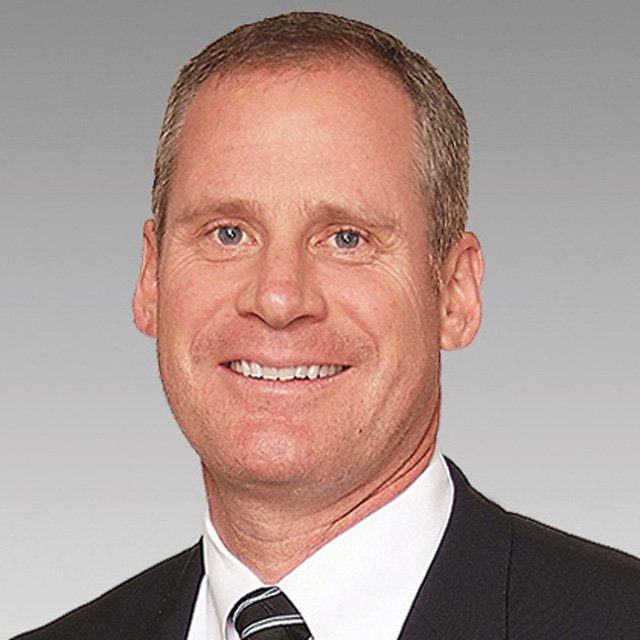Your Clients Need an Estate Plan

A significantly low percentage of Americans have estate plans and there are several steps that advisors can take to try and change that, according to Andrew Crowell, vice chairman, wealth management at D.A. Davidson.
However, one major issue is that many U.S. investors don’t have advisors and research shows that investors with advisors are far more likely to have estate plans than those who don’t.
Many investors, meanwhile, don’t think they have enough assets to even bother with an estate plan.
Via email, we asked Crowell why so few U.S. investors have estate plans, what advisors can do to change that and more.
ThinkAdvisor: Why do so few Americans have estate plans?
Andrew Crowell: According to our recent survey, the top reason Americans reported for not having an estate plan is they don’t feel they have enough money to warrant it. The second highest reason they reported is “They just haven’t gotten around to it.”
Those who work with a financial professional were significantly more likely to have an estate plan (56% versus only 18% for those who have never worked with a financial professional), but even among that group, procrastination was cited as the biggest factor deterring them from creating an estate plan (44%).
What can advisors do about that?
Not enough financial advisors are pushing clients to draft their estate plan and update their estate plan at least every few years — and always after significant life changes like the birth of a child, divorce or death of a loved one. As the industry shifts to focus beyond investment management to more holistic financial planning, it’s incumbent on financial advisors to ensure their clients have a viable plan in writing and review their beneficiaries regularly.
Particularly on the heels of a global pandemic, financial advisors can utilize personal examples to demonstrate the risks of not documenting medical and end-of-life wishes and encourage clients to have the tough conversations with family today to prevent additional stress in the future.
While investment management and asset allocation are foundational to a successful estate plan, not thoroughly planning for other critical components like account titling and beneficiary designations, transfer of assets, charitable intentions, etc. can leave even the most robust portfolios vulnerable.
Additionally, unless the advisor asks to be introduced to a client’s beneficiaries, they are missing out on an opportunity to help retain the assets of their clients’ children by building those relationships early.




